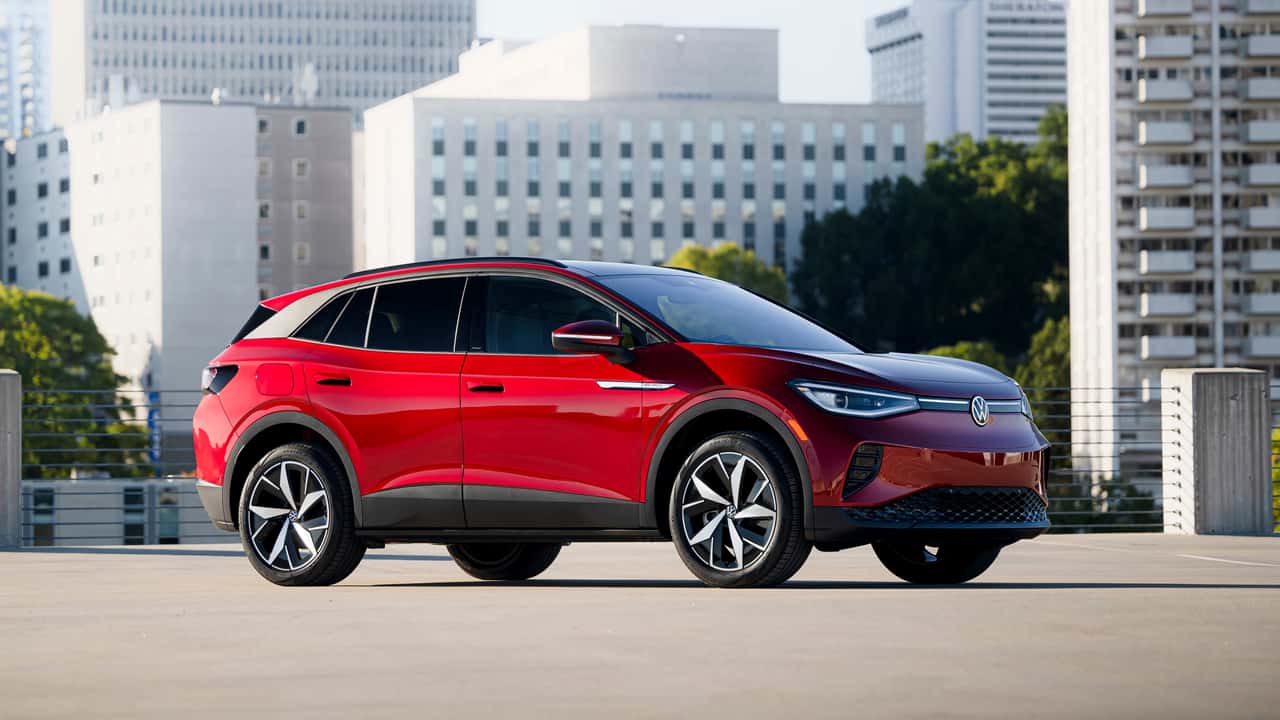The Volkswagen Group is implementing a strategic restructuring plan that will result in the reduction of 2,000 jobs at its Cariad software division, causing delays in the development of future electric vehicle (EV) platforms, according to German publication manager magazine. The downsizing, which was approved by the group’s board of directors, will take place between 2024 and the end of 2025. However, it still requires approval from the works council, which has ensured job security for workers until mid-2025, as reported by Reuters.
Cariad, established in 2019 under the VW Group, is responsible for constructing a unified software platform and architecture for all of the group’s future EVs. As a result of the restructuring, software architecture 1.2, initially planned for the debut of the Porsche Macan EV and Audi Q6 E-Tron, will be delayed by 16 to 18 months. Additionally, the level 2.0 architecture, originally set for introduction in 2025, will be completely redeveloped.
The announcement raises uncertainty about the release dates of the Macan EV, which Porsche had previously confirmed for early 2024. The Volkswagen Group and Cariad have not yet responded to requests for comment.
The restructuring also affects the next-generation Scalable Systems Platform (SSP), which is currently being redeveloped. The SSP is an advanced architecture that the VW Group intends to utilize for a wide range of EVs, from compact VW-badged hatchbacks to high-performance Porsches.
Volkswagen has faced widespread criticism for its software issues, including system freezes and unresponsive touchscreens in vehicles like the ID.3, ID.4, and ID.5. In response to budget overruns and missed targets, VW Group CEO Oliver Blume implemented significant management changes at Cariad earlier this year. The new CEO, Peter Bosch, has been working on a comprehensive transformation plan since the summer.
Software-integrated architectures play a crucial role in modern EVs, as they encompass various components such as infotainment systems, electric motors, batteries, electrical systems, safety features, and driver assistance systems. While many German, American, and Chinese automakers are making significant progress in this area, the VW Group has encountered obstacles since the launch of its first ID vehicles.
Cariad, the software company owned by Volkswagen Group, announced plans to cut around 2,000 jobs on Tuesday, raising concerns about potential delays in the development of future electric vehicle (EV) platforms. The move comes as the automotive industry faces increasing pressure to transition towards sustainable mobility solutions.
The decision by Cariad, which was set up by Volkswagen in July 2021 to oversee the development of software for the company’s next-generation EVs, highlights the challenges faced by traditional automakers in adapting to a rapidly evolving landscape. As the industry shifts towards electric and autonomous vehicles, the demand for software and connectivity solutions has soared, creating a sense of urgency to develop advanced technologies.
The job cuts are seen as a response to the changing needs and priorities of the company. While this move may cause concern for some employees, Volkswagen believes it is necessary to streamline its operations and ensure the company remains competitive in a highly competitive market. The EV sector is becoming fiercely competitive, with global players such as Tesla, NIO, and Rivian making significant strides in technology and market share.
However, there are concerns about the potential impact of these job cuts on Volkswagen’s ambitious goal to become the world’s leading EV manufacturer. The company has set a target of achieving 70% of its European sales from electric vehicles by 2030, an ambitious goal that requires significant investment in research and development.
Cariad’s role in developing software for VW Group’s EV platforms is crucial to achieving this target. The company aims to create a unified, scalable software platform that can be utilized across all VW Group brands, enabling a seamless user experience and enhancing the efficiency and functionality of electric vehicles. Any delays in the development of this platform could hinder Volkswagen’s ability to compete effectively in the EV market.
It is worth noting that the job cuts at Cariad also highlight the growing importance of software and digital capabilities in the automotive industry. As vehicles become more connected and reliant on software-driven functionalities, automakers need to invest significantly in developing in-house expertise or partnering with capable software companies. The recent Volkswagen-ID.3 software issues further underscore the importance of robust software development capabilities for the success of EVs.
Despite the immediate challenges posed by the job cuts, there is hope that Volkswagen will be able to realign its priorities and stay on track with its electrification strategy. The company has shown a commitment to investing heavily in EVs, including plans to build six battery factories in Europe, and partnerships with battery suppliers. These measures demonstrate Volkswagen’s determination to overcome any potential setbacks caused by the job cuts at Cariad.
With the global push toward sustainable transportation solutions intensifying, the automotive industry needs to adapt quickly to remain competitive. Traditional automakers like Volkswagen face unique challenges in this transition, requiring them to invest in software capabilities and make strategic decisions to streamline their operations. The job cuts at Cariad are a stark reminder of the complexities involved in this transition and serve as a call to action for the company to strengthen its software development capabilities and ensure timely delivery of future EV platforms. Only through continuous innovation, investment, and adaptability can Volkswagen and other automakers secure their place in the rapidly evolving EV market.

